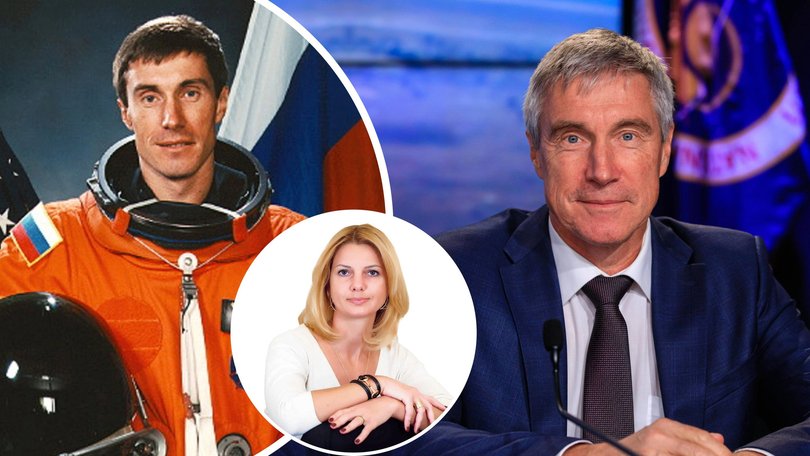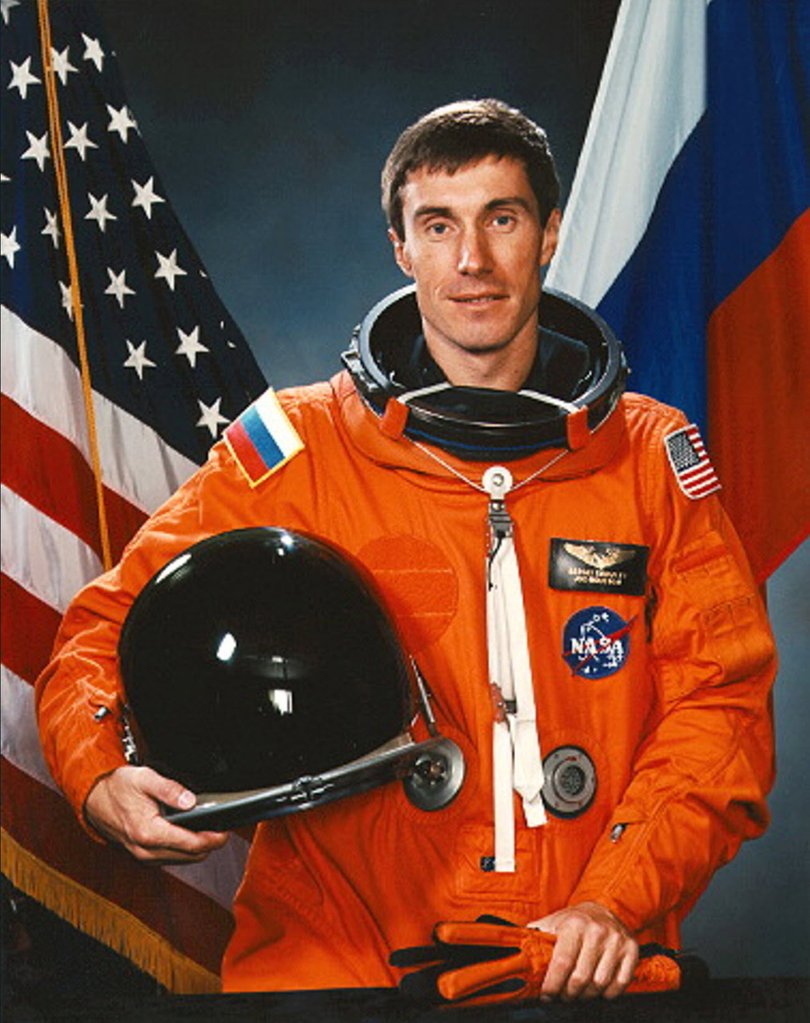Russia accuses Australia of ‘sabotage’ after Sergei Krikalev, space experts blocked from Sydney Conference

World renowned cosmonaut Sergei Krikalev was among several Russian delegates denied entry to Australia last week for an international space conference, in what Moscow has condemned as an act of “discrimination”.
Russia’s embassy in Canberra has issued a terse statement confirming leading figures from the Roscosmos space agency, rocket and space industry representatives, as well as academics were barred after the “non-issuance or revocation of Australian visas”.
On Wednesday The Nightly revealed Elina Morozova from the Moscow based Intersputnik organisation had been granted a visa for Sydney’s International Astronautical Congress where she spoke on the “threat and use of force” in space.
Sign up to The Nightly's newsletters.
Get the first look at the digital newspaper, curated daily stories and breaking headlines delivered to your inbox.
By continuing you agree to our Terms and Privacy Policy.The revelations angered members of Australia’s Ukrainian community who lashed out at the Albanese government for providing a platform to researchers who were aiding President Vladimir Putin’s brutal invasion of their homeland.
Now, in response to questions from The Nightly, the Russian embassy has confirmed other delegates invited to speak at the global conference were blocked from attending the week-long event.
“The Russian side strongly protests this act of sabotage and discrimination, which contravenes Australia’s international obligations,” the embassy said in a statement condemning what it described as an act of “deliberate disruption”.

“The IAC is an annual event jointly organised by the International Astronautical Federation (IAF) and the space agency of the country that has won the bid to host it. Visas were denied by the Australian side to permanent IAF Russian members paying annual membership fees.”
The Russian embassy also questioned the point of staging the international congress in Sydney and officially inviting its delegation if the visa ban had been “predetermined”.
“To what extent was the effectiveness of the Congress undermined by the exclusion of a leading spacefaring nation? How reliable does Australia look in this light as a host country for any major international event?”
“Next time, the same ban could be applied by the Australian side to representatives of any other nation. O shame, where is thy blush?”, the embassy warned, citing Shakespeare’s Hamlet.
According to Russia one of the delegates denied entry was veteran cosmonaut Sergei Krikalev, who gained global fame when he was stranded on the MIR space station for 311 consecutive days after the Soviet Union was dissolved in December 1991.
The Australian Border Force has declined to confirm if any Russian delegates had visa applications rejected, but a spokesperson said all non-citizens wishing to enter the country must satisfy strict identity, character, health and security requirements.
Since President Putin launched his invasion of Ukraine in early 2022, the Australian government has slapped over 1600 sanctions on Moscow, including entry bans for numerous high profile Russian figures.
In 2021 Australia joined other nations in condemning Russia for conducting a “provocative and dangerous” anti-satellite weapon test that produced over 1500 pieces of debris that threatened other satellites and the International Space Station.
Back in 2015 several members of Roscosmos were denied visas to Australia to attend an international satellite conference on the Gold Coast in a move which Moscow at the time declared an “unfriendly act”.
The latest diplomatic spat between Moscow and Australia has occurred as efforts continue to release former Melbourne schoolteacher Oscar Jenkins who is serving a 13-year sentence in Russia after being captured fighting for Ukraine.
